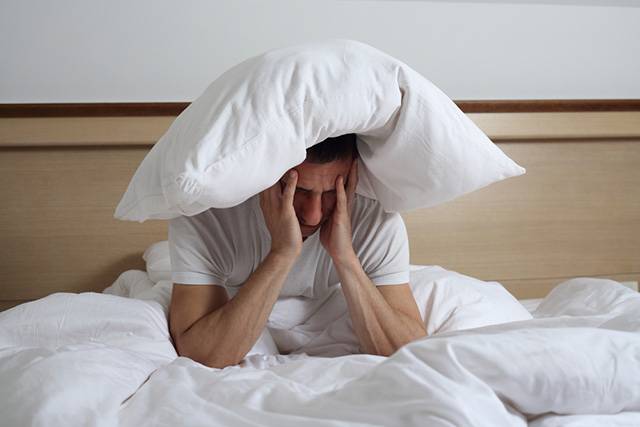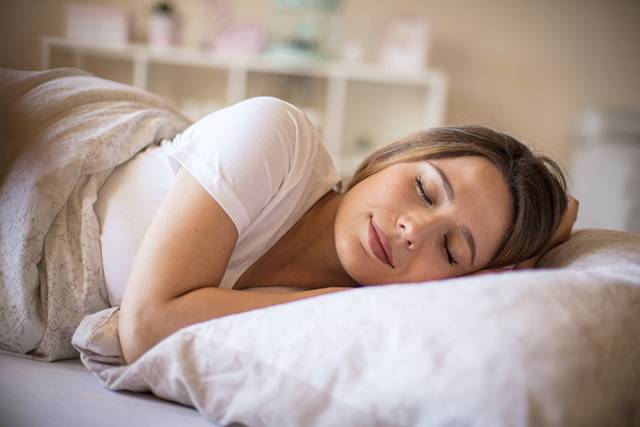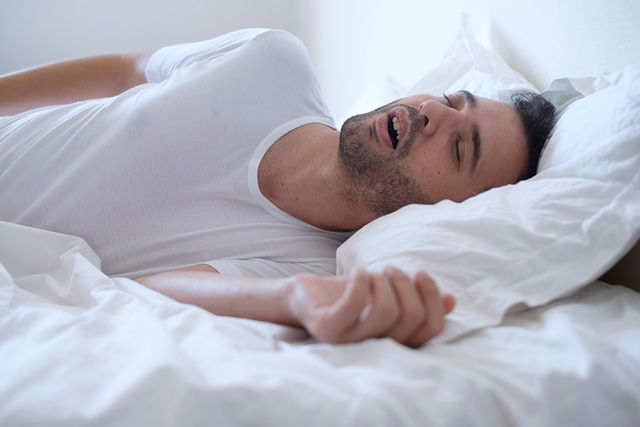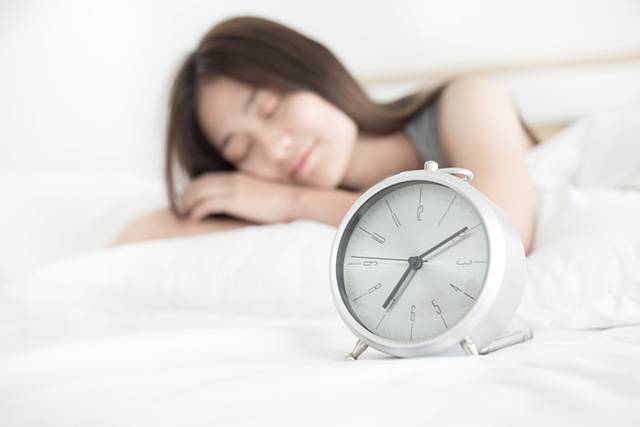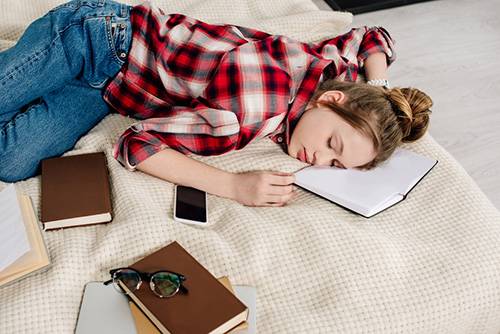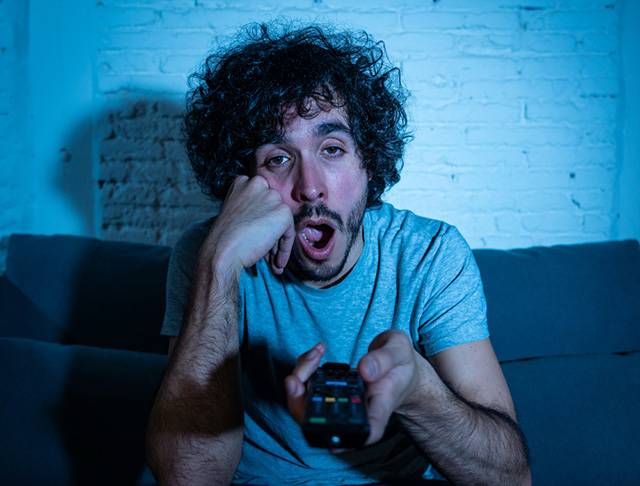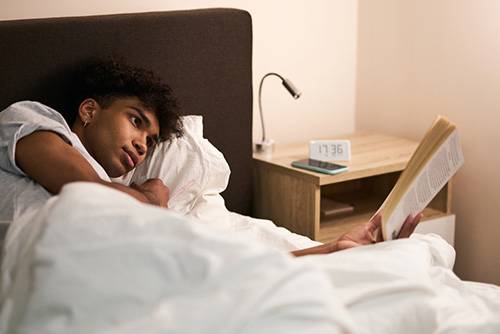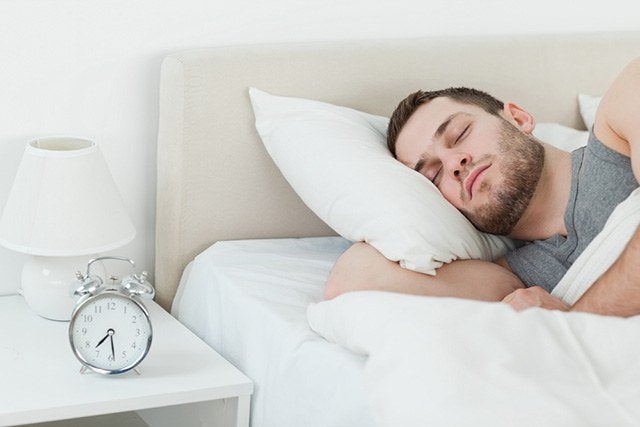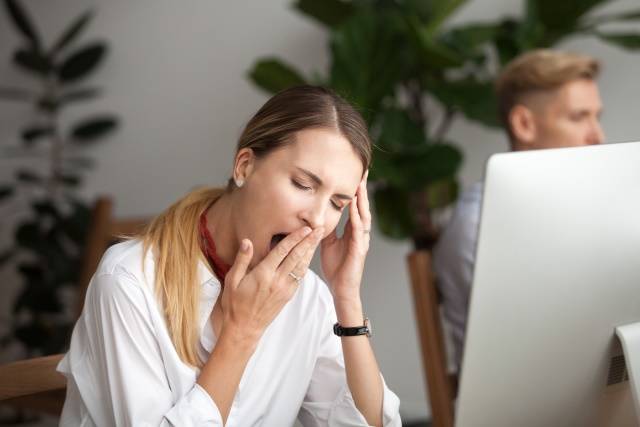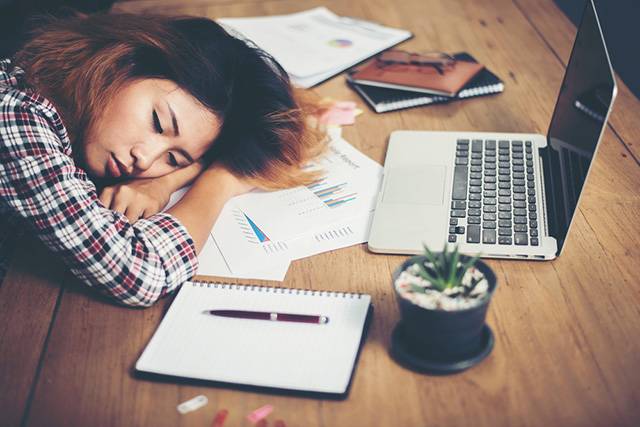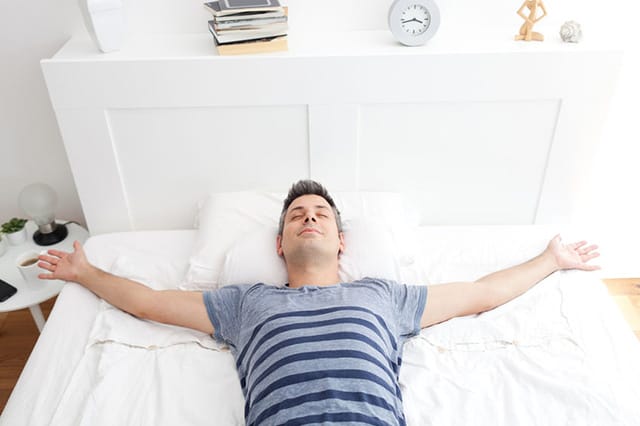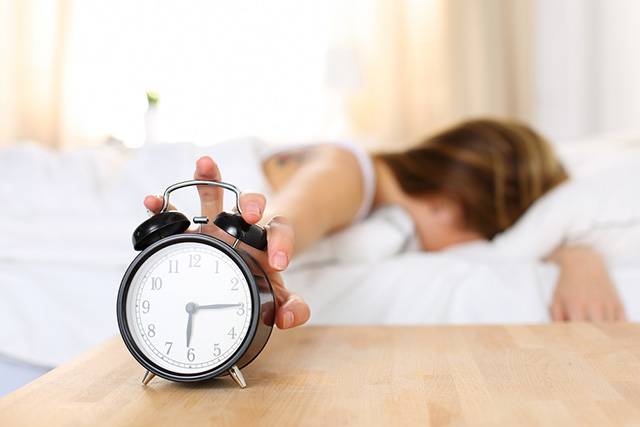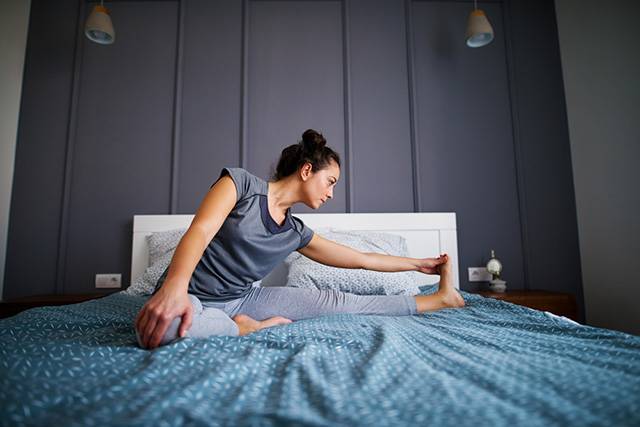If you’ve been struggling to sleep, or are trying to justify your night owl tendencies, you might want to take a closer look at some common sleep myths to help avoid bad advice. Sleep is an incredibly important part of how your body functions; too little rest can add up in time and create deficiencies that will interrupt both physical and mental processes.
Take a look at 15 common sleep myths and misperceptions to help you better understand how you can better take control of your own rest. These points and problems provide specific ways to address each and dispels the incorrect assumptions each one is surrounded by.
1. Our Brains “Deactivate” for the Night
Our brains cycle through 4 sleep stages each night, each deeper than the next and marked with varying brain activity. While we rest our brain is functioning and storing and processing, which is one of the very important reasons to get the proper amount of rest you need. Disruptions to this process can make you feel groggy and slow to respond while awake.
2. There is No Cure for Snoring
Snoring is generally caused by the airway being blocked in some manner, and air being forced past that blockage- resulting in a snoring sound. Changing the type of pillow you use or changing your sleep position may alleviate or end snoring. Snoring can also indicate a physical ailment, such as a deviated septum, which can be surgically fixed, or point to a dangerous underlying issue, such as sleep apnea– that a doctor can help with.
3. You Must Get the Proper Amount of Hours of Sleep Suggested Each Night
According to National Sleep Foundation Guidelines, you must get a certain amount of sleep each night depending on your age group. Remember, these are guidelines, and are not set in stone. Some people can function in a healthy manner with less sleep than others, while the opposite may be true for another person. Keep in mind that growing bodies require more rest to help offset the physical and mental changes they are experiencing.
4. Teens Are Responsible For Their Lack of Sleep
Of course it doesn’t help if your child is staying up to watch television, play video games, or stare at a phone, but following puberty, hormones influence and disrupt their circadian rhythm. This describes the way the body processes the daily schedules which recognizes waking, sleeping, and even movement during the day. Changes in hormones can push this rhythm off around 2 hours, making them less likely to feel tired earlier in the night.
5. Watching Television is a Good Way to Relax Before Bed
Any screen within an hour of bedtime can mess with your hormonal release of melatonin- the hormone responsible for making you feel sleepy. Even if you regularly fall asleep with TV on or on a phone, that may simply indicate that you pushed your body past what it could handle. Avoid screens and use blue light blockers as much as possible to avoid this phenomenon.
6. Food Doesn’t Affect Sleep
This is a tricky one. Technically, no food doesn’t affect your sleep quality, but it depends on the person and food. If you are caffeine or sugar sensitive, anything a few hours before bed may still be digesting and be entering into your bloodstream. If foods that give your heartburn or an upset stomach are consumed, it most definitely may affect your sleep. On another note, there are foods that may work to help you sleep, such as kiwi fruit, lettuce, and some herbs.
7. Stay in Bed if You Are Struggling to Sleep
Most people toss and turn until they finally fall asleep, but it might be better to get up and walk about the house instead. Your bed is supposed to be a place of rest, and troubles falling asleep are hardly restful. Try getting up, having a glass of water, walking around, or even opening up a book to read for a bit and then try again.
8. Alcohol Before Bed Helps You Sleep
Even though a drink or two before bed may make you feel drowsy, it actually is working against your quality of sleep. It throws off the sleep cycle stages, and may make snoring and sleep apnea even worse. Try to avoid any alcohol at least two hours before bed to get the best quality sleep you can.
9. You Don’t Need a Sleep Routine, Just Enough Hours of Sleep
We often talk about sleep routines in reference to children, but adults benefit from a routine as well. Try to get to bed at the same time every night, and rise at the same time everyday. Our bodies are already slightly in tune with daylight, so avoid bright lights and help get your body ready for bed on a regular schedule for support a deeper rest each night.
10. You Can Catch Back Up on Missing Rest
If you have thrown off your sleep schedule due to travel, study, or just a good night out and think you can recover it- you might want to think again. If these disruptions are occasional and aren’t supported night after night, you won’t notice much difference, but if you regularly do not get enough sleep it is going to offset your sleep hormones and may cause your stress hormones to rise as well.
11. Naps Count Towards Your Total Hours
No, naps don’t actually count towards your total hours of sleep unless you are an infant. You should still try to get the same amount of sleep each night regardless of whether you took a nap or not. Many studies show that a quick 15 or 20 minutes nap is beneficial during the day- but if you took a longer one, chances are your body needed it. Listen to what you body is telling you and don’t use a nap as an excuse to cut into your sleep at night.
12. Insomnia is Only a Physical Problem
Many people blame insomnia on issues you can control, such as avoiding too much sugar or alcohol before bed, avoiding screens, or buying more comfortable sleep products. These are all good advice, but many insomniacs struggle with mental, rather than physical issues. Calming the mind is just as much a sleep process as relaxing the body and sometimes it is worth getting some help with.
13. The More Sleep You Get, the Better
This isn’t necessarily true, and again, is very specific to the individual. Although there are guidelines that suggest how many hours of sleep you get each night, only you know how many hours make you feel best. Sleeping past this amount may make you feel groggy and slow as well due to an interruption of your sleep cycles stages. In fact, if you get too much sleep, you might actually have an underlying health issue.
14. The Radio or Cold Air are a Good Way to Stay Awake While Driving
If you find yourself struggling to stay awake while driving, turning up the radio and opening a window are only a very temporary solution. When it is safe, it is best to pull over and take a quick 15 minutes nap, or get up and walk around for a little to help offset the sleep hormones that are trying to kick in. Caffeine can be a longer fix, but it can take 20 to 30 minutes for that to kick in, so plan accordingly.
15. Exercise Before Bed Disrupts Your Rest
This may be different for each individual, but long term studies point to the fact that exercise generally does not disrupt your sleep. This is good news for those who only have time to work out in the evening. Shoot for cardio exercises, light lifting, yoga, and other less impactful options to help influence a better sleep!
Conclusion
If you are struggling with sleep, or making excuses for your poor rest, follow these helpful facts to gain a sense of control back. Getting the proper amount of sleep for you is important to your overall health, and you really want to make sure you take the step necessary for that to happen.
Don’t believe everything you want to hear, just because it lets you off the hook. You have a lot of control over your own quality of rest- such as routines, comfort, avoiding stimulants, and seeing a doctor when needed. Be sure to apply common sense to your own rest, get the amount that allows you to feel refreshed each morning, and try to avoid disrupting your schedule too much to avoid having to try and get back on schedule.
Photo credit: Albina Gavrilovic/Shutterstock; Liderina/Shutterstock;
Akkalak Aiempradit/Shutterstock; Sam Wordley/Shutterstock;
wavebreakmedia/Shutterstock; Kostiantyn Voitenko/Shutterstock;
KomootP/Shutterstock; Johnstocker Production/Shutterstock;
G-Stock Studio/Shutterstock; Dusan Petkovic/Shutterstock
